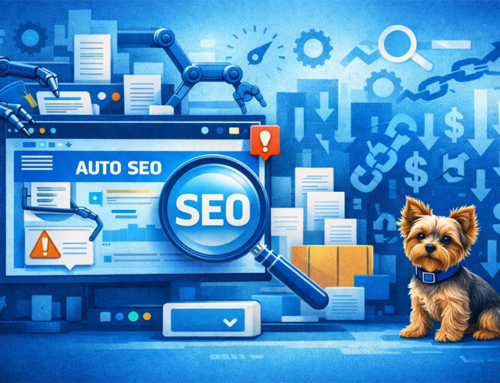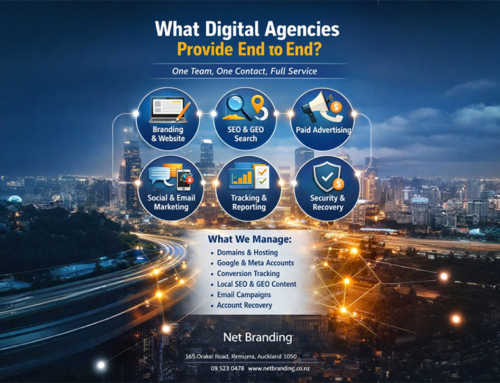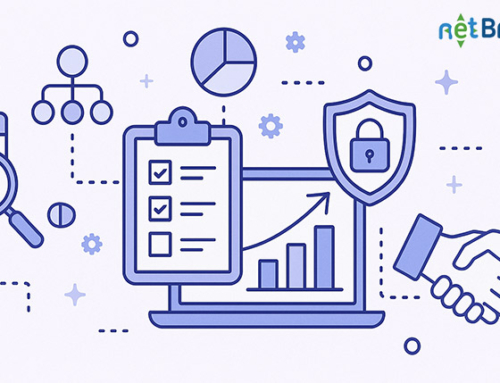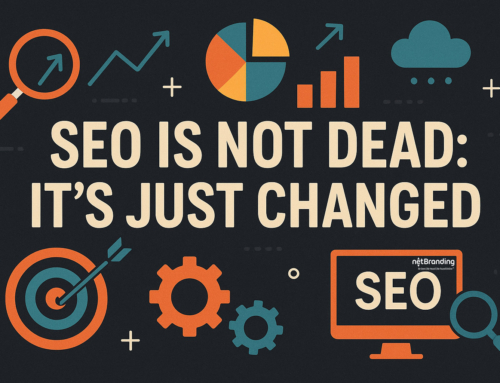With more than 1.6 billion monthly active users worldwide, more than 2.5 million people in New Zealand accessing Facebook each month and 1.9 million Kiwis accessing it each day, what does this tell us about this social media network as a business tool?
The answer, in a nutshell, is that Facebook has all eyes on it. And that’s very important when it comes to business.
But let’s step back for just a moment to a time before Facebook…
What did we do before Facebook?
We wrote letters and sent emails – we hardly ever do that anymore! We also weren’t so familiar with brands, and we were probably also more patient.
Can you remember the thrill of creating your Facebook account? It was like joining the world for the second time, announcing your existence to the Internet. You started to explore the endless possibilities of communicating with a digital world.
However, Facebook (and other social media networks) heralded the dawn of a less patient era. Now, rather than writing a letter to file a complaint with a company about their product or service, we jump onto their social media page.
Why choose Facebook as a business tool?
As a great networking tool for the 21st century, and with billions around the world using its immense features, there are many compelling reasons for businesses to use Facebook as an advertising and promotional platform. After all, through what other media channel can business reach so many people, target exactly the demographic they wish and have direct communication with their customers?
This is why any business – big or small – need to consider advertising on Facebook. It’s a great opportunity for a business to make online sales, build a following around their brand, create a platform where customers can discuss their products and, when done successfully, let people spread the word about them.
Does every business need a Facebook page?
Every business with a customer base that uses Facebook needs to have a presence there. People talk about different brands, their products, and services every day. Doesn’t it make sense to be available to engage them on their turf? We’re convinced the answer is YES.
However, it’s important to view the creation of your Facebook page for business the same as you would view creating a community, for that’s what it is.
Some of the principles for creating an online community includes: regular updates with compelling and unique content, encouraging your audience to engage on your Facebook page via comment or likes or shares on your posts and maintaining personal contact with them is vital.
Who benefits the most from Facebook marketing?
Contrary to what many might believe, marketing on Facebook benefits small, traditional retailers the most. That’s because small businesses offer unique products or services to a smaller range of customers. Facebook provides an excellent opportunity to reach the exact target audience with a personal approach. In fact, if you offer a niche product or service, you might even have a competitive advantage as a large business would less likely have the time to focus in depth on a single niche.
Facebook – and important brand awareness and messaging channel
Over the years, the number of retail brands using Facebook to drive e-sales has skyrocketed. Most of these businesses are not just looking to up-sell current customers, but to encourage buying among new users, as well.
However, driving conversions among new audiences, particularly among non-customers, is more difficult. No matter how eye-catching your advert might be, Facebook remains a platform that people use to find the familiar — friends, family, trusted news sources, and brands included. Users tend to stop on branded posts from businesses for which they have an affinity, or at a minimum, for which they have some level of brand recall.
Remember, when it comes to Facebook, the first touch point is about connecting a potential customer with your brand – not making a sale. The sale will happen more effectively once there are familiarity and awareness among your audience.
Building brand awareness
All brands start out small. Building brand awareness on Facebook by using your Facebook Page takes time and requires that you keep up the momentum.
Today’s consumers are extremely savvy about advertising and tend to be skeptical of anything that is overtly promotional. Content marketing is the art of creating content that is compelling and unique without being overtly aimed at driving sales.
The key is to develop your brand as a trustworthy resource that people go to for information about your industry or product. Proper content marketing articles are those that are well-researched, targeted to the brand and linked directly to authoritative resources – and a properly done piece will grow legs of its own.
A business messaging tool
Like any social media platform, Facebook shines in its ability to speak directly to your customers or prospective customers about the issues that matter to them. Many businesses get positive press from speaking with their customers openly and honestly about themselves and their products – and there’s nothing better than positive press for building a brand identity.
On Facebook, you can also study what your customers are saying about your brand. This is a unique opportunity to gather information about what you could do to make your brand more attractive. It’s also a great way to find out which of your social media strategies are actually working.
An increasingly important factor for brands on social media is the matter of customer service. Customers often turn to social media to solve an issue they have with a business.
According to Facebook, over a billion people visit pages every month looking for more information from businesses. Often, this will take the form of a comment on a post or a message sent to the business.
All social media managers live in fear of bad comments left on their page by angry customers. Often, they’re hesitant about how to answer – for example, replying to the customer’s comment risks escalating the issue in front of everyone. On the other hand, ignoring the customer’s comment could result in an angry customer escalating it themselves.
Now, however, Facebook enables businesses to reply to comments via private messages. And that changes everything, taking the conversation away from the page, and making the customer feel like their request or issue is being dealt with properly.
What would you do if Facebook suddenly crashed?
Over the last year or so, you may recall the media furore when Facebook experienced a number of outages. Every time it happened, no matter how brief the outage, Facebook users erupted in outrage, turning to other social media networks to vent their frustration.
On the one hand, this could be seen as a compliment to Facebook itself – with users (‘fans’) besides themselves at the slightest disruption. On the other hand, it could mean that we’ve reached the point where too many people, too many businesses have come to rely heavily on the channel for their communication, maybe even their livelihood. Could it be that Facebook has become too big, too important a business tool to be allowed to fail?
What would you or your business do if Facebook were to crash? We’re keen to hear your answer – let us know via our ‘start a conversation’ facility on our website.
For social media marketing strategies specifically tailor-made to your product, your brand, and your audience, talk to the team at Net Branding. We can help you determine the most suitable content and platform for engaging customers with your brand.






